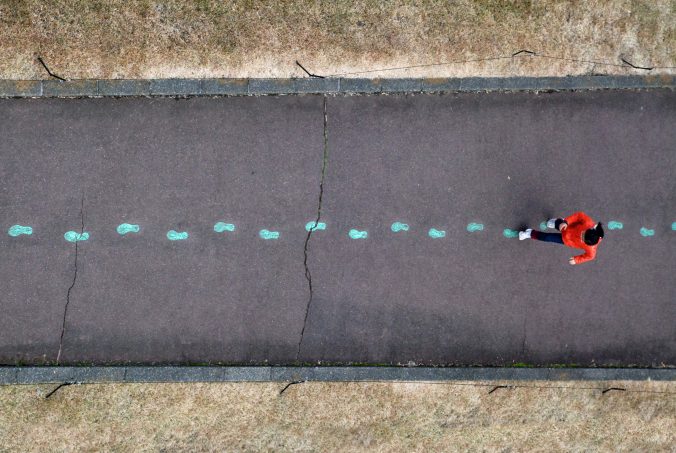From the reading “ Autoethnography: An Overview” I reflected on my own personal experiences, thoughts, reflections, and how using an autoethnography could be useful.
Research
Carolyn Ellis, Tony E. Adams & Arthur P. Bochner stated in the abstract of their article the following: “Autoethnography is an approach to research and writing that seeks to describe and systematically analyze personal experience in order to understand personal experience”
For myself, I learn more when I can make a connection to something in the real world such as a story, an experience, or an event. Notably, the article provided an outline on types of approaches when starting a research project using autoethnography. The article also sets out that we need to be mindful when we do research and consider the power relationships, interactions with others, and the context. I also liked how the article described that writing can be therapeutic to better make sense of ourselves and experiences (KIESINGER, 2002; POULOS, 2008). The idea of therapeutic writing to help cement thoughts, and the research process can also be found in Research Diary: A Tool for Scaffolding.
The Researcher
Another valuable point from the article is how vocabulary, and the language of an article is written in (such as English) transfers cultural biases and the established academia, and how this bias comes from the Researcher.
It made me connect to First Nations storytelling, and other ways of knowing. How using personal experiences connects ideas, to the audience, and personal journeys can be connected to one’s own experiences. It reminds me of setting up talking circles as an elementary school teacher, and how students would make flashes of connections and would feed off of others. Also, the confidence that I built up over a period of time by first having a First Nations educator model the activity, and for myself (of non-aboriginal ancestry) to then lead the activity
https://www.bctf.ca/uploadedFiles/Public/AboriginalEducation/AboriginalWaysofKnowing.pdf
Moving forward as a researcher in the education program and writing my blog, I can always improve my cultural awareness being open minded to think outside of the box, and continue to try approaches to learning from other cultures in our country.
Reader… Who?
Moving through the 21st century, who is my target audience for what is created here in the course. Who will be able to access information, decipher it, and critique it? How will I present information to the world? In class today we spoke about e-books, which is content that can be accessed online and can be edited and changed. From Autoethnography: An Overview what resonates to me is how “…we live connected to social networks. When we conduct and write research, we implicate others in our work.”
Having the ability for the reader, and make it more accessible to then become the researcher.
Researched
I left the topic of researched for last, as this is the beginning of a two year journey that has just begun and has yet to be fully written. The research subject, whatever it may be, needs to be authentic not only for the reader, but for myself as well.

Recent Comments